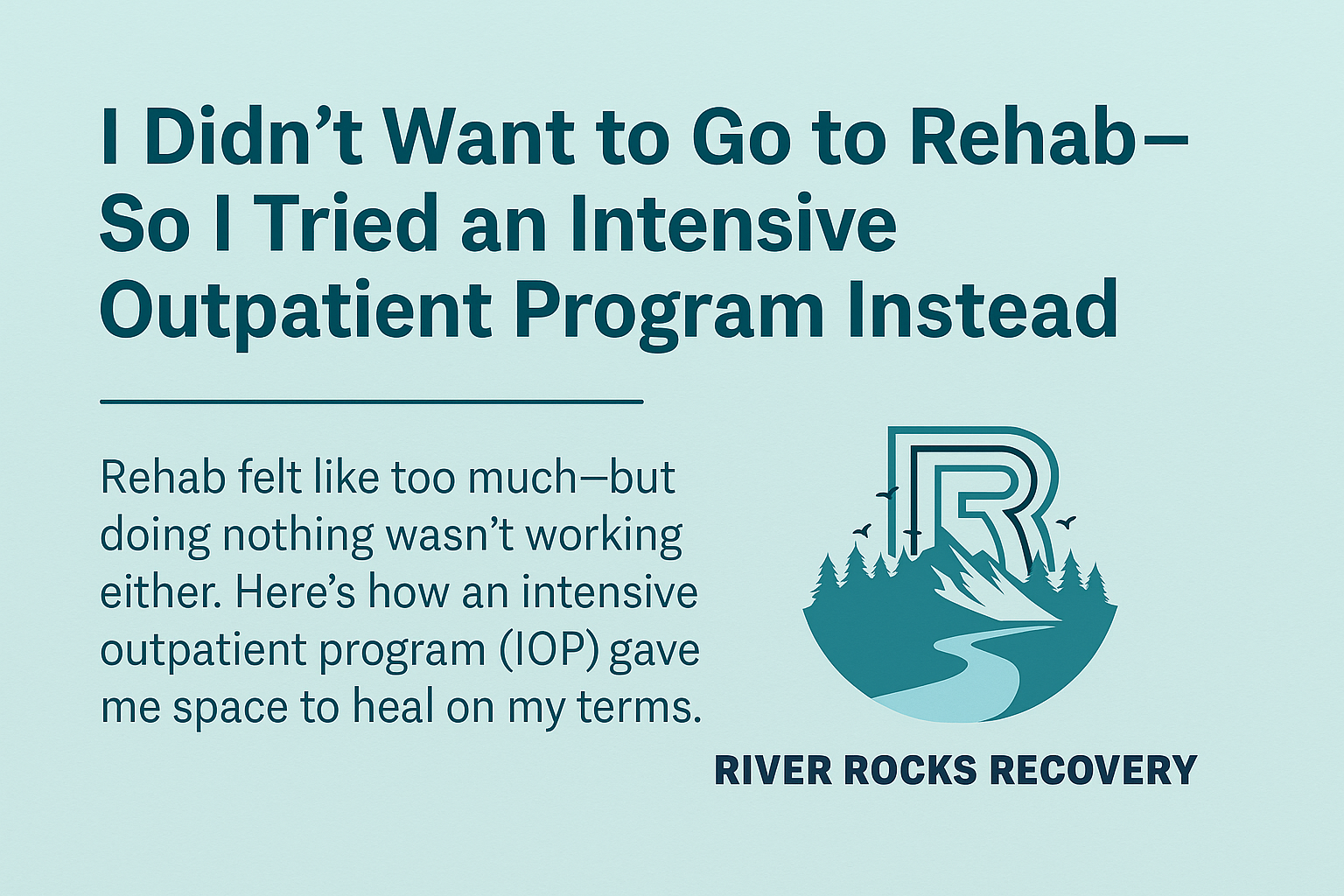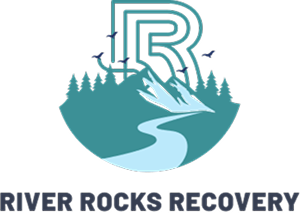There’s a kind of silence that settles in when someone says “rehab.” Like the conversation just ends there. For a long time, I thought it meant disappearing from my life, handing over control, admitting to some failure I hadn’t even named yet.
So I didn’t go.
But not going didn’t fix anything either. I was still stuck—still using, still hiding, still waking up every day feeling worse about myself. I wasn’t ready for full-on residential treatment. But I needed something.
That’s when I found out about intensive outpatient programs, or IOP.
1. IOP Met Me Where I Was—Not Where I “Should” Be
The first thing I learned: you don’t have to have your life together to start.
I wasn’t sober when I reached out. I wasn’t even sure I wanted to be. What I was sure of? I couldn’t keep doing what I was doing. IOP didn’t ask me to be fixed before I walked through the door. It offered a place to start where I was—mess and all.
For a lot of people, especially in places like Middletown or Monroe, Ohio, that starting place matters. You’re not expected to be perfect. You’re just expected to show up. That’s it.
2. I Could Keep Living—While Learning How to Actually Live
One of the hardest parts about imagining treatment was the idea of vanishing. What about my job? My family? My bills?
IOP worked because it wasn’t all-or-nothing. I could keep parts of my routine—work, time with my kids, even grocery shopping—and still get solid support. Group sessions, individual therapy, skill-building—it was structured but flexible.
If you’re looking for an intensive outpatient program in West Chester, Ohio, that balance is key. Programs like River Rocks Recovery design care around your life—not the other way around.
3. Leaving Didn’t Mean I Blew My Chance
I won’t lie: I ghosted. About a month in, I just stopped going.
I was overwhelmed. Embarrassed. Thought maybe I’d never really belonged there anyway. I assumed they’d write me off.
But when I reached back out—scared, unsure if I even could—I was met with, “We’re glad you called.” No lecture. No guilt trip. Just a simple reminder: the door hadn’t closed.
That moment? It changed everything. Because it meant I didn’t have to carry all that shame. IOP lets people return. And that permission to try again? That’s rare—and it matters.

4. The Groups Weren’t What I Expected
I pictured something clinical and cold. People going around in a circle, everyone staring at me. But what I found in group therapy was different.
Some days we laughed. Other days we sat in hard silence. But always—someone said something that made me feel less alone. Over time, I found my voice in those rooms. Not all at once, but little by little.
Even when I didn’t say much, just listening gave me language for things I didn’t know how to explain. Things like: “I’m exhausted but can’t stop.” Or “I want help, but I also kind of don’t.”
5. IOP Didn’t “Fix” Me—It Gave Me My Next Right Step
No treatment format is magic. IOP didn’t snap my life back into place.
But it helped me build a few bricks at a time. A routine. A place to be honest. A few moments of clarity that helped me stop spiraling.
IOP became a bridge. Between the life I had and the one I wanted. Between total chaos and the kind of quiet where I could hear myself think again.
If you’re near Dayton or West Chester and full-time rehab feels impossible or terrifying, this might be your bridge too.
“I thought if I left, I wasn’t allowed back. But River Rocks just said, ‘Come in.’ That was the beginning of me actually coming back to myself.”
– Outpatient Client, 2023
Quick Tips for Returning After Dropping Out
If you’ve ghosted treatment or stopped going to IOP, here’s what might help:
- Don’t wait for everything to feel right. Just make the call.
- Lead with honesty. You can say, “I’m not sure what I need—I just know I want to try again.”
- Ask about restart options. Many programs, including River Rocks, will help you rejoin without judgment.
- Ignore the shame spiral. You don’t have to explain everything. You’re not starting over. You’re continuing.
FAQ: Intensive Outpatient Programs (IOP)
What is an intensive outpatient program?
An IOP is a structured treatment program that allows you to live at home while attending multiple therapy sessions each week. It typically includes group therapy, individual counseling, and recovery education—without requiring overnight stays.
How many hours a week is IOP?
Most IOPs run 9 to 15 hours per week, often spread over 3 to 5 days. River Rocks Recovery offers flexible schedules to support work and family responsibilities.
Do I have to be sober before starting?
No. Many people begin IOP while still actively struggling. The goal is to support you wherever you are—and help you move toward stability, not demand perfection up front.
What happens if I miss sessions or leave?
Life happens. If you leave or miss sessions, you’re usually welcome to return. Programs like River Rocks Recovery understand that treatment is a process—not a one-time performance.
Is IOP available near me?
River Rocks Recovery serves Middletown, Monroe, Dayton, and West Chester, Ohio. If you’re near these areas, you can get care close to home with people who truly understand the local community and culture.
You’re Still Welcome—Even If You Left
If you’ve tried before and it didn’t stick, you’re not broken. If you left and feel awkward reaching back out, you’re not alone. If you’re scared rehab is too much, too fast, too soon—maybe an IOP is the space you’ve been needing.
At River Rocks Recovery, we believe healing isn’t linear. You can pause. You can come back. You can start again, even if you’re not sure where it leads.
Ready to take the next step—without pressure? Call (888) 905-6281 or visit to learn more about our intensive outpatient program services in Middletown, Ohio.

